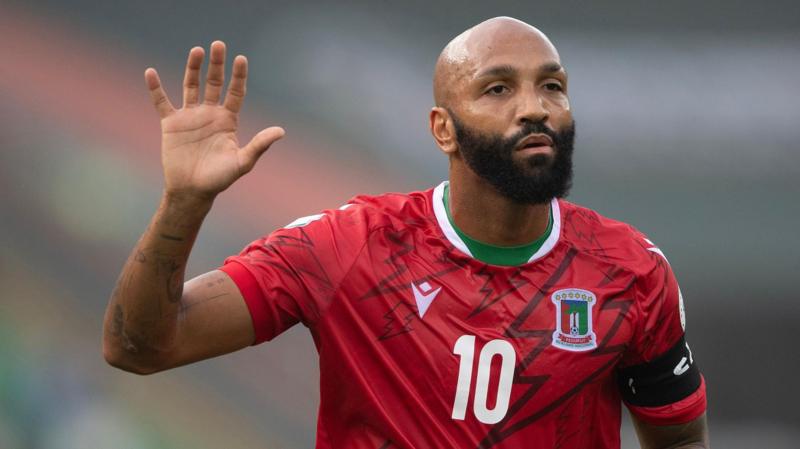Equatorial Guinea's World Cup Appeal Rejected: Forfeits Upheld!




In a significant development that affects its aspirations on the global football stage, Equatorial Guinea's national team has faced a major setback. The central African nation's appeal against FIFA's decision to impose forfeits for two of its World Cup qualifying matches has been rejected. This decision came about after FIFA determined that Equatorial Guinea had fielded an ineligible player in these crucial fixtures.
The controversy centers around the two matches in question during the qualification phase for the 2022 World Cup—specific games where the outcome could have significantly altered the dynamics of the qualifying group. FIFA's rigorous eligibility checks led to the discovery that Equatorial Guinea had played an ineligible player, which is a violation of the governing body's strict rules pertaining to player qualification to represent a national team.
To the uninitiated, FIFA requires that players must be a citizen of the country they represent and must have no prior caps for another nation’s senior team, among other criteria. Exceptions might occur, like players who have dual nationality or have changed their nationality, but they must meet specific conditions, such as having a clear and significant connection to the country either by heritage or long-term residency.
In the context of Equatorial Guinea, the relevant player’s participation without meeting FIFA’s criteria led to the initial ruling of forfeiting the games by a score of 3-0 each. These automatic losses dealt a harsh blow to the team's attempt to qualify for the World Cup, drastically lowering their points tally in the qualification group and essentially nullifying their performances on the pitch.
The decision to forfeit a match over fielding an ineligible player isn’t unprecedented in international football. FIFA has consistently enforced such rules to maintain fairness and integrity in the competition. An appealing country must present compelling evidence that either absolves the alleged ineligibility or substantiates oversight or misunderstanding in the application of FIFA’s rules. Equatorial Guinea took this route, hoping for a potential overturn of FIFA's initial decision, which brought both matches into the spotlight not just for the immediate impact but also for the broader implications on the team’s international standing.
However, FIFA's Disciplinary Committee upheld the original ruling after reviewing the appeal from Equatorial Guinea. The decision underscores FIFA's commitment to enforcing its eligibility rules without exceptions. This outcome illustrates a challenging aspect of international football—navigating the complex regulations regarding player eligibility, which can sometimes lead to severe repercussions for national teams.
For Equatorial Guinea, the rejection of their appeal is a moment of reflection and possibly recalibration. It serves as a stark reminder of the importance of administrative vigilance and adherence to international rules in the sport. While this decision puts a significant damper on their World Cup campaign, it also offers an opportunity for the nation's football federation to tighten their compliance procedures to avoid similar pitfalls in the future.
The importance of a robust system to verify player eligibility cannot be overstated in international sports, where the stakes are incredibly high. National teams across the globe can potentially take this incident as a learning point to ensure their rosters are compliant with all regulatory requirements before participating in high-profile tournaments.
While disappointing for fans and players alike, Equatorial Guinea's experience is a critical narrative in the broader discourse of international football governance. It highlights the balance between national ambitions and the regulatory frameworks designed to ensure fair play and equality among competing nations. As the football world continues to evolve, such developments serve as pivotal learning opportunities for all involved, reinforcing the notion that compliance and attention to detail are just as crucial off the field as the strategies played on it.